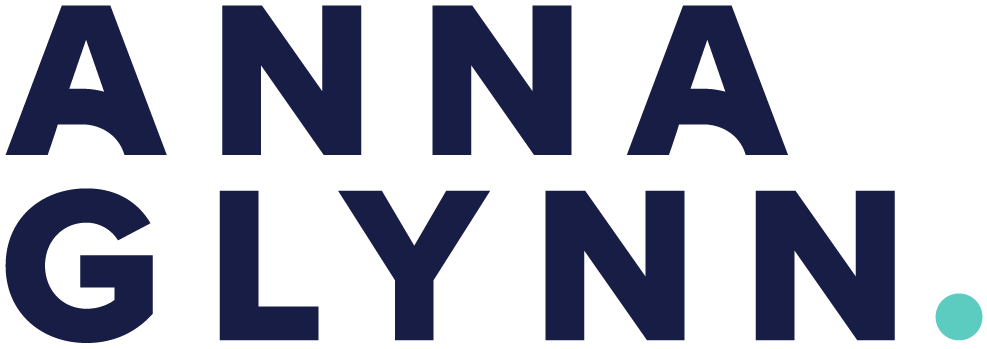In recent workshops, teams have identified Goals & Purpose from the STRONG model as one of the key areas they need to focus on to move closer towards thriving. So, when beginning to explore this model in more depth, it seems logical to start here. Simon Sinek, who encourages us to ‘start with why’, would also likely agree. This area is particularly significant, making it a valuable starting point, especially at the beginning of the year (if we can still say that)…
Many spend their entire lives trying to find an answer to the question – what is my why? Your why is your purpose, your reason for getting out of bed each day. Human beings yearn for a sense of meaning and to feel like they are contributing to something bigger than themselves and doing something of value. What brings us meaning and purpose will be different for everyone, influenced by our culture, upbringings, work, and other factors. However, it’s not just about knowing it; pursuing it is where you gain the benefits.
What is why?
Your purpose describes the aspirations you have for your future. It can help you determine your short and longer-term goals, fuel your passions (despite any fear or insecurities you may have), and make decisions so your actions are consistent with what you value. Without a purpose, you might find yourself bored, regularly changing paths, or moving through life aimlessly. Finding it can be an ongoing journey and might involve reflecting on your values, interests and strengths. It can change during the course of our lifetime as a result of significant events such as a global pandemic, great losses, or great gains like having children.
Why do we need a why?
Finding purpose is crucial for our wellbeing and life satisfaction. It can provide a lens through which we view our lives, and influence our career choices, goals, decisions and daily actions. A clear sense of purpose is a powerful motivator. When we fully align with our purpose, it can support us to keep going even during challenging times.
In ‘Man’s Search for Meaning’, holocaust survivor and professor in psychology and neurology, Viktor Frankl, uncovered that if someone had a reason to live, as in something or someone to hold onto, there was a higher probability that they could survive any condition no matter how dire. Identifying what is most important and imagining reaching this outcome can alleviate suffering and change mindsets by instilling hope for the future.
Where does why fit in at work?
We can find meaning in our role when we can tie our purpose with our organisation’s purpose. This sets up a clear pathway to success.

Having a sense of meaning at work, especially if we feel as though our work matters and we are positively contributing to others, can make us happier, more energised and engaged, and can even increase our performance. It can also decrease feelings of depression, hostility, and stress. Given these outcomes, organisations should find opportunities to regularly communicate their purpose to their employees. It’s also what employees are asking of their leaders. Team members may also be a flight risk if they’re disconnected from the company’s purpose.
Leaders can start by ensuring their teams understand the organisation’s purpose and their role in achieving it. When they experience this, they are more motivated to work harder as they realise that what they do contributes to something greater than themselves.
Some examples of organisations that stand for what they believe in are Apple, Tesla, Vision Australia and AIA Australia. These groups have a clear why, which motivates their teams to reach a common goal and go the extra mile. Some people will even work for less money if they are doing meaningful work like those at not-for-profits. Yet like anything you can have too much purpose, which can lead to burnout, but more on that to come later.
How can I work out my why?
A great place to begin is by trying to complete the following statement…

Your Contribution is what you do. The best place to work out what this is, is with the end in mind. As in, what do you want to achieve in your life? What do you want to be known for? Your Impact is your why. What will be the outcome from your Contribution? What will it achieve?
Take a couple of minutes to have a think about how you would finish this sentence. Doing this will get you thinking about the words you would use to fill in the gaps for Contribution and Impact. The best answer will be the one that comes most naturally. Your finished statement should be true to you and provide a sense of the type of person you are.
It will take time to answer these questions and to then define your purpose. The best responses usually have an emotion attached to them and include things that should matter most: family, friends, the world, serving someone other than one’s self, contributing to something bigger than you, or a combination of all of the above. Achieving meaning in your life is an ongoing process rather than a ‘tick in the box’ exercise. And don’t worry about determining how you are going to achieve what you envision as this can be worked out later…




